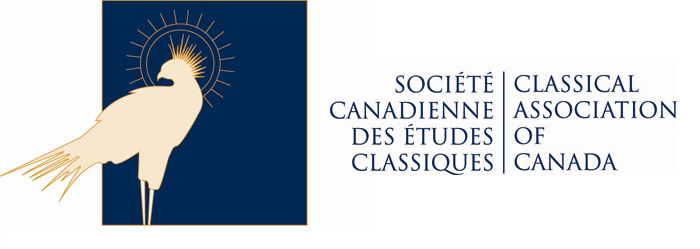CfP: Fact&Fiction: Deceptive Discourse in Ancient Epic
5-6 April 2024, University of Toronto
Accuracy and objectivity of information found in the media are rightly a major concern of modern day society, but tendentious renderings of situations, false promises and other rhetorical devices mixing fact and fiction in various proportions are not new. Indeed, they feature prominently in ancient literature where they often play an important part in the narrative structure. While distortion of information – ancient and modern – can occur unwittingly, most of the time facts are twisted intentionally in order to influence an audience.
Taking a step back from modern realities, the aim of this conference is to investigate deception and manipulation through speech in Greek and Latin epic, a narrative genre whose scope allows for events to unfold and be recounted by the characters within the text itself. These subjective retellings almost always entail some kind of deformation depending on the speaker’s biases and ambitions. Therefore, papers are invited to focus on communication strategies in epic speeches featuring lies, spurious information or contradictory versions of events. Possible directions to investigate the dynamics of fact and fiction in epic speeches include (but are not limited to):
- Narratology: What is the purpose of fictitious information in the narrative? How does it impact the epic plot? What is the internal audience’s response? Are deceptive speeches always successful? Do addressees sometimes notice the incorrect information or realize that they are being misled? If so, (how) do they attempt to correct it?
- Intertextuality: Are deceptive speeches modelled on previous misleading discourses or do they rather draw their inspiration from truthful accounts of events? Although the primary focus should be epic poetry, comparisons with other genres – e.g. tragedy or historiography – are invited in order to highlight similarities or differences.
- Cognitive poetics: successful persuasion and manipulation rely in part on innate cognitive mechanisms and emotional responses. Which ones are used in deceptive epic speeches? And how do they influence the narrative?
- Historicity: Can some deceptive speeches in the epics be connected to historical realities? Does the increase in falsified information resonate with contemporary events? And how would an ancient audience react to the falsification?
- Ancient theoretical background: To what extent is distortion of facts acceptable – or even expected – in certain types of rhetorical speeches? Papers engaging with ancient theory about manipulation and distortion of information in rhetorical speeches (including ancient commentator’s responses to them) are welcome.
Please send abstracts for 25-minute papers (max. 300 words) to melissande.tomcik@utoronto.ca by 11 February 2023.
Follow Us/ Suivez-Nous
Copyright © 2023 The Classical Association of Canada / Société Canadienne des Études Classiques
All Rights Reserved | Privacy Policy | Politique de confidentialité
Sign up for our newsletter to receive updates!
Nous vous invitons à vous inscrire à notre newsletter afin de recevoir les mises à jour!
